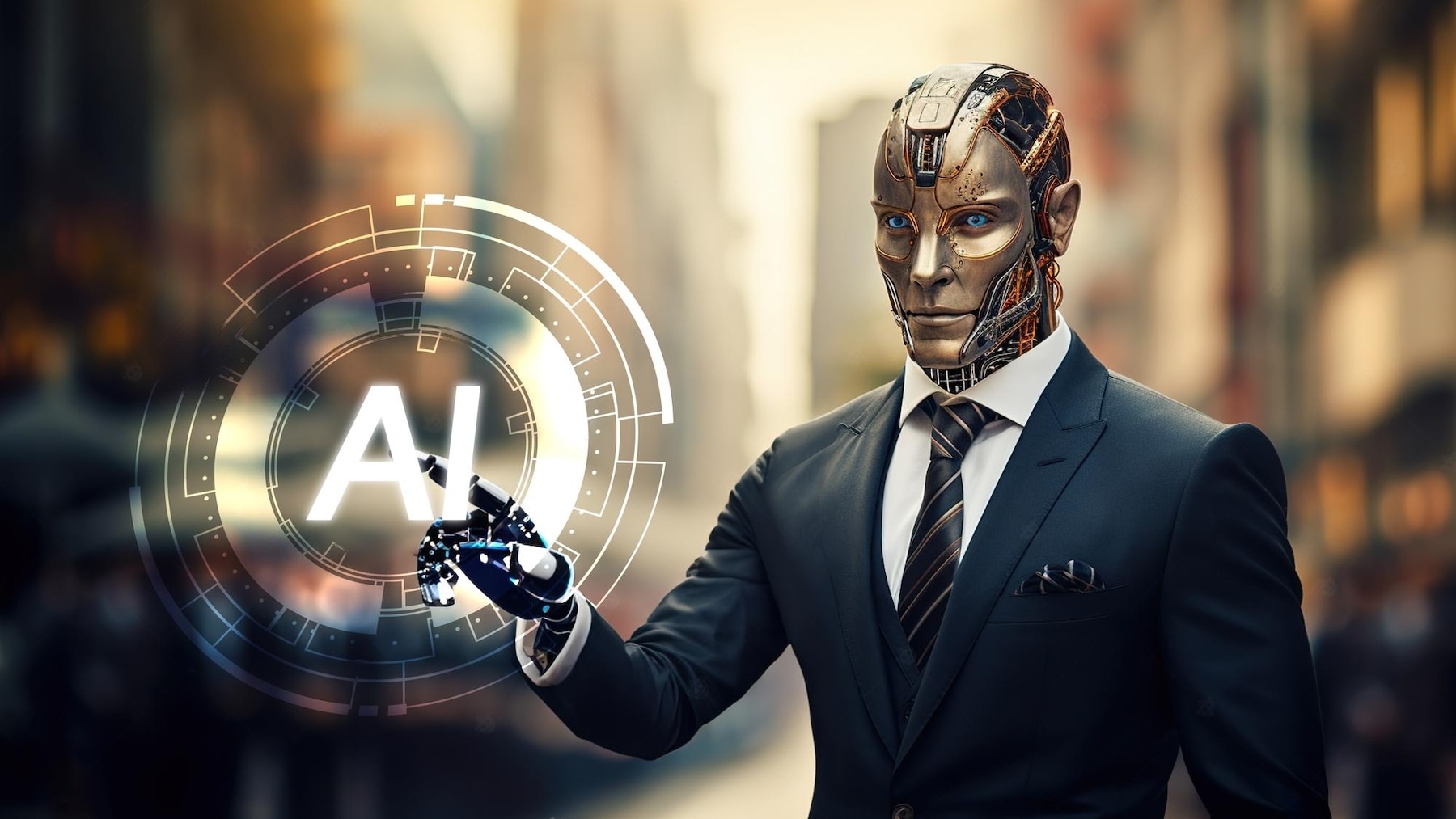Artificial Intelligence (AI) has become an indispensable component of modern business operations. However, one subfield that has been gaining momentum recently is Generative AI. The technology has immense potential to disrupt traditional business practices and offer innovative solutions. This blog post aims to explore what Generative AI is and how it can impact various aspects of business.
What is Generative AI?
Generative AI refers to types of algorithms that create something new from existing data or information. Unlike ‘discriminative algorithms,’ which are designed to classify and sort data, generative algorithms generate new data that didn’t exist before. This can include everything from writing text and composing music to creating realistic images and even generating code.
Types of Generative AI Models
- Generative Adversarial Networks (GANs): These models use two neural networks—a generator and a discriminator—that work against each other to produce high-quality data.
- Variational Autoencoders (VAEs): VAEs are good at generating new data that’s in the same category as the training data, ideal for tasks like image denoising or inpainting.
- Transformer Models: These models are particularly adept at generating human-like text based on the input they’ve been trained on, and they power most of the advanced conversational AI agents.
How Does Generative AI Impact Businesses?
1. Content Generation
Imagine having an AI that can write blogs, create social media posts, or even draft business reports. Tools like GPT-3 are already being used to assist in content creation. This not only saves time but also reduces the cost of hiring a full-time content creator.
2. Design and Prototyping
Generative AI can generate design layouts or prototypes based on the inputs and criteria set by the human designer. This can speed up the product development process and provide a plethora of options to choose from.
3. Personalized Marketing
By leveraging data, Generative AI can create personalized marketing campaigns. Instead of sending generic emails, imagine being able to send personalized stories or content that resonate with each customer.
4. Financial Forecasting
Generative AI models can sift through massive datasets to identify patterns or trends that a human analyst might miss. This allows for more accurate forecasting and risk assessment.
5. Healthcare
In the healthcare industry, Generative AI can generate 3D models of various organs, or simulate how diseases might spread, which is crucial for drug development and treatment planning.
6. Retail
Generative AI can analyze customer behavior and generate a personalized shopping experience. For example, AI could generate personalized recommendations or even create customized products based on customer data.
7. Manufacturing
Generative design models can offer multiple design options for a particular product based on the given constraints, thereby optimizing material usage and cost.
Risks and Challenges
- Data Privacy: Generative AI algorithms require access to vast amounts of data, which could pose a risk to data privacy.
- Quality Control: As AI generates the content or designs, there might be concerns regarding quality or accuracy.
- Ethical Concerns: The ability of generative models to create realistic content also opens the door to potential misuse, such as deepfakes.
- Cost: Implementing generative AI solutions can be expensive and require significant computational power.
The Future of Generative AI in Business
The application of Generative AI in business is still in the nascent stage, but its potential is massive. From automating mundane tasks and generating content to revolutionizing design and prototyping, generative AI holds the promise to significantly enhance efficiency and productivity.
Conclusion
Generative AI is not just a buzzword; it’s a transformative technology with far-reaching implications across various sectors. It offers businesses the opportunity to optimize operations, innovate in product and service offerings, and provide personalized customer experiences. However, it also comes with its own set of challenges and ethical considerations that businesses must address.
As we move into an increasingly digital future, Generative AI is set to become a critical tool for businesses. Understanding its capabilities and applications is the first step in leveraging this powerful technology for sustainable business growth.


